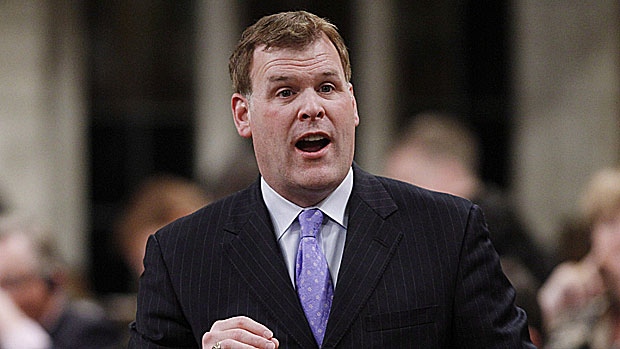Prime Minister Stephen Harper’s speech to the Israeli Knesset on Monday has been something of a political curiosity. While Stephen Harper has been supportive of Israel throughout his time in office, the level of support expressed in his speech this week brought increased attention to Canada’s position on Israel and its conflict with Palestine. News media reported on the speech with titles like “Harper: More Pro-Israel than Israel Itself.” Others drew attention to the speech’s dramatic language which ended with a proclamation that “through fire and water, Canada will stand with you [Israel].” Between all the rhetoric and praise, nothing Harper said in his speech was new or radical. He simply expressed his support for Israel in dealing with terrorism despite its international isolation, its being unfairly singled out by the UN and addressed anti-Semitism.
One of the most unfair attacks of Harper’s position on Israel is that it is uncritical. When Harper discussed the anti-Semitic nature of certain criticisms of the Israeli state, he talked about a line that is crossed in criticism of Israel when it moves far past constructive into the realm of ignorance. For example, Harper talked about the deplorable way in which Israel is being compared to the South African Apartheid regime. This comparison is inappropriate for a number of reasons, not least of which is the fact that the Palestinian people have no desire to be included within the national boundaries of the Israeli state or recognize its legitimacy. In contrast, Africans in the South African state wanted to participate in the existing state in a fair and balanced manner. The Palestinian people aim to completely dismantle the existing state and create one of their own. Furthermore, the Israeli government provides its Palestinian citizens with the full protection of human rights and electoral opportunities to participate in the Israeli government. Palestinian MKs had the democratic opportunity to express their dissent during Harper’s speech by heckling him. This is not apartheid.
Harper did not articulate Canada’s approval of Israeli policy on every issue. Yet, reporters have gone as far to assert that Canada’s position on Israel is not independent. Harper maintains he has not simply accepted Israel’s position on the Middle East and Canadian foreign policy supports his statement. The government of Canada’s official web page provides an outline of Canada’s position on the Israeli-Palestinian Conflict. There are a number of places where, Canada’s policy differs from Israel. Firstly, “Canada does not recognize Israel’s unilateral annexation of East Jerusalem.” Secondly, Canada does not support the Israeli settlements in the West Bank. And thirdly, Canada does not support Israeli’s construction of a barrier extending into the occupied territories. The fact that Harper did not address these policy differences in Israel is simply a matter of diplomacy.
For those who don’t follow Stephen Harper’s speeches to foreign parliaments, they are often full of flattery, proclamations of fraternity, shared values and proud statements about economic partnership, as can be seen in his June 2013 speech to the British parliament. This week’s speech was much more controversial, as is everything related to Israel. Canadians either applauded his position or condemned it. The more interesting debate centres on how this speech will impact Canada’s ability to mediate a future peace agreement between Israel and Palestine.
Critics argue that Canada has given up its status as an impartial broker in the conflict and is acting against Canada’s or even Israel’s national interest by being a vocal supporter of Israel. Neither is true. It is certainly better for Israel to have Canadian moral support than to be internationally isolated. To be clear, Harper’s visit to Israel offered nothing in the way of military support, nor is that what Israel needs. Harper’s proclamation that “Canada supports Israel because it is right to do so,” is the best help Canada can offer. Reducing Israeli diplomatic isolation makes Israel more secure, weakening its enemies, in turn reducing the potential for conflict to ensue. Canadian support for Israel is good for Canada as well. Stephen Harper has made principled independence from American foreign policy a hallmark of his leadership, from pursuing arctic sovereignty to criticizing China’s human rights record. Moving away from the more traditional Canadian position of neutrality toward principled independence demonstrates Canada’s growth as a foreign policy actor.
While in Israel Harper has announced Canada’s intention to expand CIFTA to enhance bilateral commercial flows by reducing transaction costs for businesses, increasing transparency in regulatory matters and reducing technical barriers. He has also pledged to give $66 million in aid money to Palestine to be spent over 3 to 5 years on top of $30 million offered in November. The aid is intended to “help advance the peace process, promote security and the rule of law, stimulate sustainable economic growth and deliver humanitarian assistance.”




